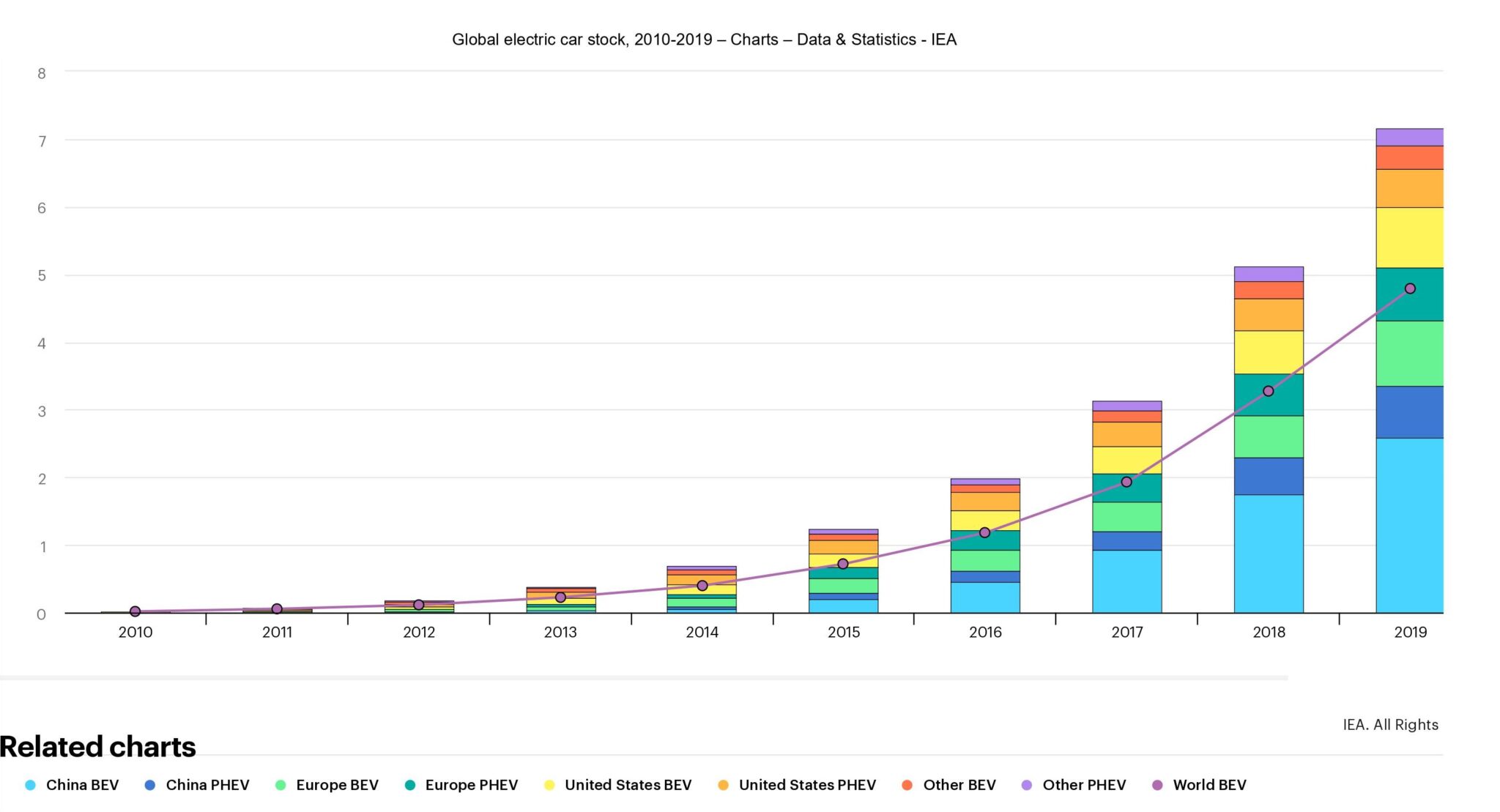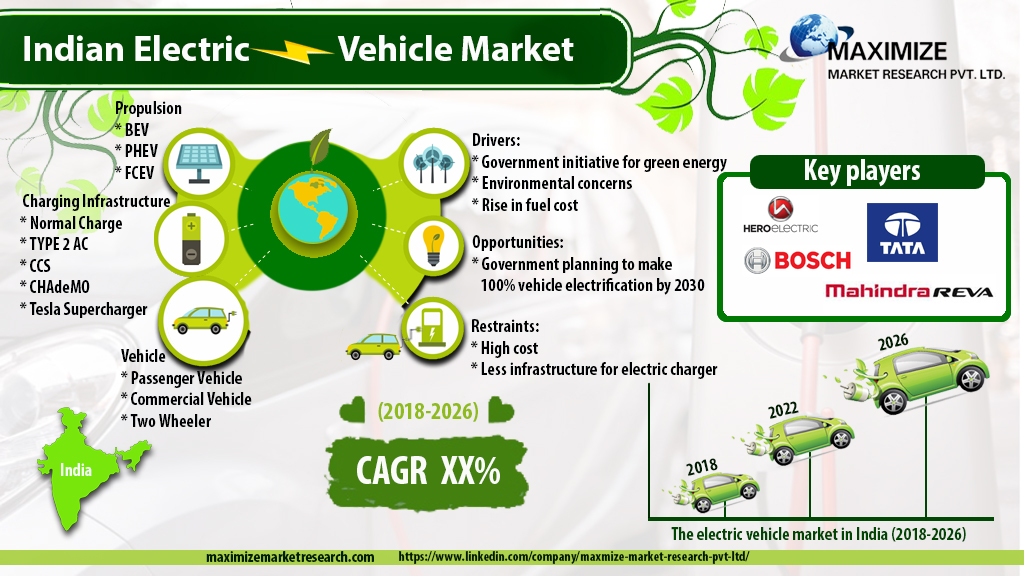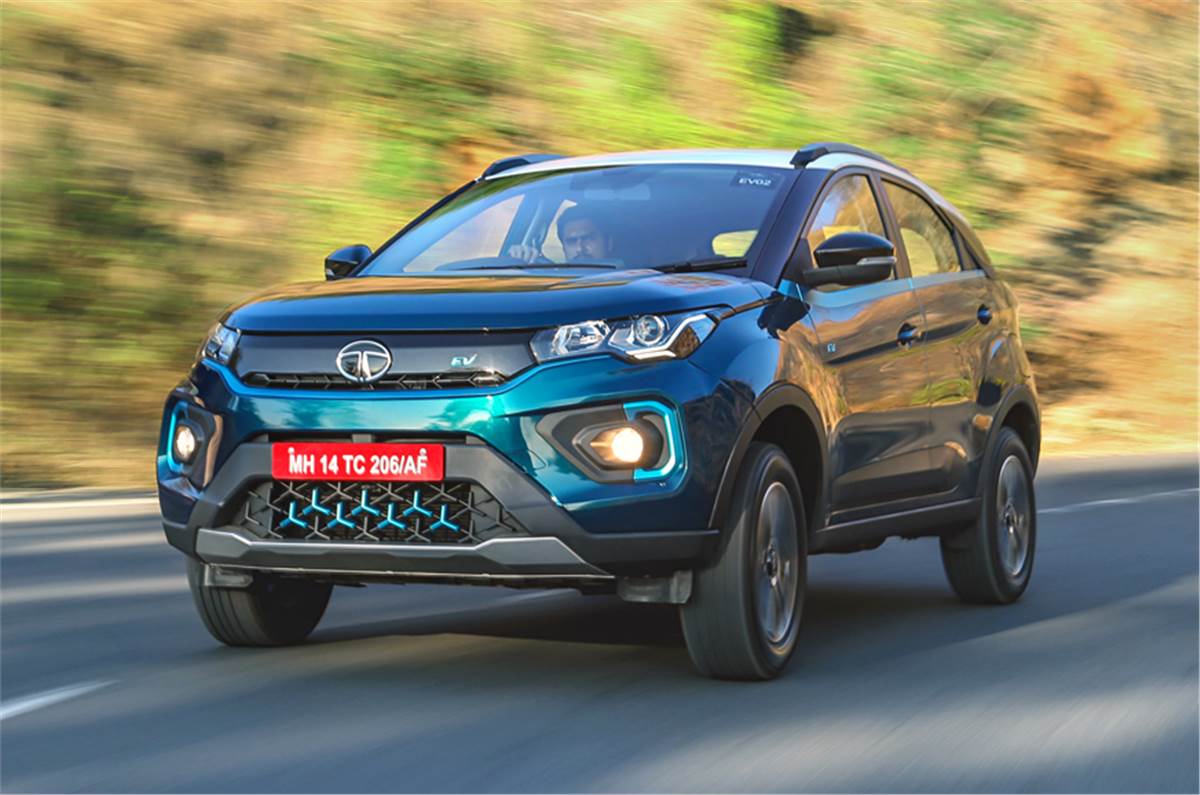India is quickly becoming a major player in the electric vehicle market. With a government-backed push towards more sustainable transportation, investments in electric vehicle infrastructure, and a growing middle class who are increasingly curious about electric vehicles, the future of electric vehicle in India has never looked brighter.
Challenges Facing the Indian EV Market

One of the biggest challenges facing the Indian EV market is the lack of charging infrastructure. While many cities have started to build out charging stations, the infrastructure is still in the early stages. Additionally, Indian drivers are understandably hesitant to make the switch to electric vehicles due to concerns about battery range and charging times.
Another challenge facing the Indian EV market is the high cost of electric vehicles. While prices are dropping as more companies enter the market, electric vehicles are still significantly more expensive than their internal combustion engine counterparts. The Indian government has attempted to alleviate this issue through tax incentives and subsidies, but the high upfront cost continues to be a barrier for many consumers.
The Burgeoning Indian EV Market

Despite these challenges, the Indian EV market is experiencing rapid growth. In 2020, electric vehicle sales in India increased by 20% compared to the previous year. The Indian government has set a goal of having 30% of all vehicles on the road be electric by 2030, and the market is showing signs of being able to reach that goal.
There are a number of factors driving the growth of the Indian EV market. The most important is the Indian government's push towards electrification. In 2015, the Indian government announced the Faster Adoption and Manufacturing of (Hybrid &) Electric Vehicles (FAME) scheme, which provided incentives to manufacturers to produce electric vehicles. In 2019, the government announced FAME II, which set aside over Rs. 10,000 crore (approximately $1.5 billion USD) to support the continued development of the Indian EV market.
In addition to government support, a number of Indian and international manufacturers have entered the Indian EV market in recent years, offering a growing selection of electric vehicles at varying price points. Indian electric vehicle manufacturer Tata Motors has been particularly successful, with its Nexon EV becoming the best-selling electric car in India in 2020.
India's Ambitious Electric Vehicle Goals

The Indian government's goal of having 30% of all vehicles on the road be electric by 2030 is ambitious, but achievable. There are a number of factors that support the feasibility of this goal.
First, as mentioned earlier, the Indian government has provided significant support to the electric vehicle market through tax incentives, subsidies, and other initiatives. This support has helped to bring down the cost of electric vehicles in India and has created a more hospitable environment for EV manufacturers.
Second, India has a large and growing middle class, which presents a huge potential market for electric vehicles. As incomes rise, more Indian consumers will be able to afford electric vehicles, and the Indian market for EVs will continue to grow.
Finally, the Indian government has recognized the importance of improving infrastructure to support the growth of the electric vehicle market. In addition to providing incentives for the construction of charging stations, the Indian government is also investing in research and development of new battery technologies that may help to address concerns about range and charging times.
New Players in the Indian EV Market

The Indian EV market is quickly becoming crowded, with a number of new players entering the market in recent years.
One of the most promising new entrants is Ola Electric, a subsidiary of the ride-hailing company Ola. Ola Electric recently raised $250 million in funding from SoftBank Group, and plans to build the world's largest electric scooter factory in India.
Another new player in the Indian EV market is Ampere Vehicles, a subsidiary of the Chennai-based company Greaves Cotton. Ampere offers a range of electric scooters and three-wheelers, and has become a popular choice for last-mile delivery companies and other commercial users.
The entrance of these new players into the market is a testament to the growing potential of the Indian EV market. As more companies invest in the market, the Indian government's goal of having 30% of all vehicles on the road be electric by 2030 becomes even more achievable.
The Future of Electric Vehicles in India

The future of electric vehicles in India is bright. With government support, growing consumer interest, and a host of new companies entering the market, the Indian EV market is set to continue its rapid growth in the coming years.
One potential area of growth for the Indian EV market is in the two- and three-wheeler segment. While electric cars remain relatively expensive in India, electric scooters and motorcycles are becoming more affordable and are increasingly popular among Indian consumers.
Another potential growth area is in the commercial vehicle segment. As last-mile delivery companies and other commercial users look for ways to reduce their carbon footprints, electric vehicles are becoming an attractive option. Companies like Ampere Vehicles, which specialize in electric three-wheelers and other small commercial vehicles, are poised to benefit from this trend.
Overall, the future of electric vehicles in India looks bright. While there are certainly challenges to be overcome, the Indian government and the Indian people are committed to building a more sustainable and environmentally-friendly transportation system. As more consumers make the switch to electric vehicles, the Indian EV market will continue to grow, and India will take its place as a major player in the global electric vehicle market.
If you are searching about Electric Cars in India- Market analysis and comparison you've came to the right place. We have 8 Pics about Electric Cars in India- Market analysis and comparison like Several new players set to enter India's electric vehicle market, Tata Nexon EV Bags Best Selling Electric Car In India Title For FY 2020 and also Tata Nexon EV Bags Best Selling Electric Car In India Title For FY 2020. Read more:
Electric Cars In India- Market Analysis And Comparison
 bijliwaligaadi.com
bijliwaligaadi.com mahindra
Infographic: Electric Vehicles' Market Share Small, But Set To Rise
 timesofindia.indiatimes.com
timesofindia.indiatimes.com market electric vehicles india infographic cars
Burgeoning Indian EV Market And Import Duties; The Story Behind And
 www.theindianwire.com
www.theindianwire.com burgeoning duties icra incentives
Electric Vehicles In India Backed By Rs 10,000 Crore Investment As Part
 www.eqmagpro.com
www.eqmagpro.com electric vehicles india fame investment ii crore rs project part backed
INDIA AIMING TO BECOME AN ELECTRIC VEHICLE NATION !!! – Unsophisticated
 unsophisticatedonline.wordpress.com
unsophisticatedonline.wordpress.com nation aiming
Tata Nexon EV Bags Best Selling Electric Car In India Title For FY 2020
 www.theindianwire.com
www.theindianwire.com tata nexon autocar suv suvs theindianwire
Electric Vehicle In India: Challenges & Opportunities - E-Vehicleinfo
 e-vehicleinfo.com
e-vehicleinfo.com challenges vehicleinfo amounts
Several New Players Set To Enter India's Electric Vehicle Market
 www.rediff.com
www.rediff.com rediff
Electric cars in india- market analysis and comparison. Burgeoning indian ev market and import duties; the story behind and. Challenges vehicleinfo amounts

0 Comments